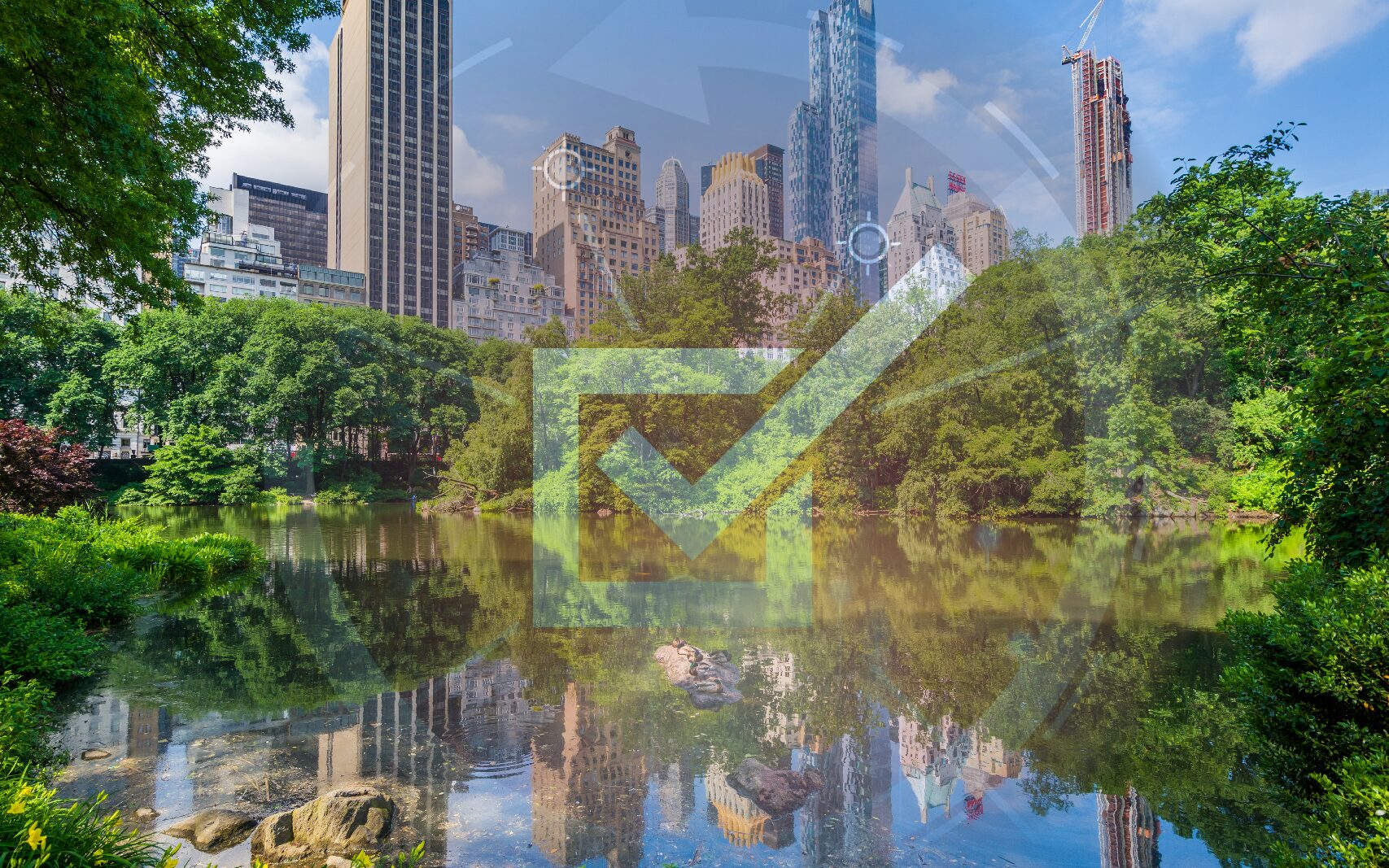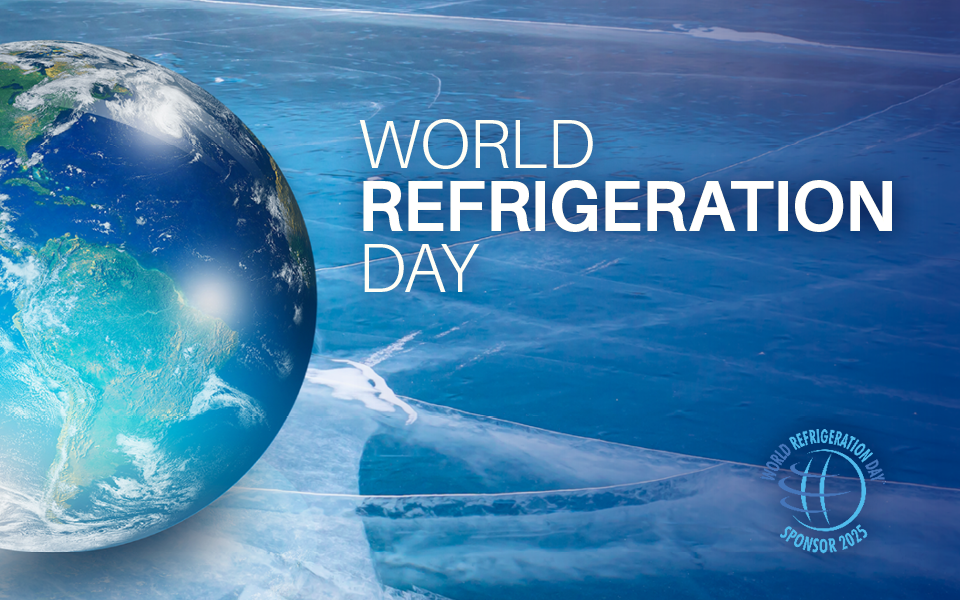*On June 1, 2023 Emerson’s Climate Technologies business became a new standalone company – Copeland. Though our name has changed, we are building on more than a century of HVACR innovation and industry leadership, and Copeland continues to offer the same products, industry stewardship, and learning opportunities you’ve grown to trust. Information found on this webpage posted before June 1, 2023 may contain our old name or branding, but you can be at ease knowing it was created with the knowledge and expertise of Copeland.

With the Food and Drug Administration’s (FDA) recent announcement of its New Era of Food Safety initiative, the technology that provides traceability and other key services is becoming more important than ever. This rapidly advancing technological toolset includes internet of things (IoT) condition sensors, temperature-sensitive flexible barcodes and blockchain. Combined, these tools are helping growers, shippers and retailers help ensure the freshest and safest possible product for consumers.
As I stated in the article: “This is especially critical with the global demand for year-round access to perishable products. Achieving this feat can require fresh produce to be transported by land, sea and air, encompassing the point of harvest, processing, cold storage and distribution — all before it ever begins the last-mile delivery to a store or restaurant.” In fact, a perishable shipment may be subject to as many as 20 to 30 individual steps and multiple changes of ownership before it reaches its destination.
Gaining visibility with IoT monitoring and tracking infrastructures
To better manage the sheer complexity of this cold chain journey, stakeholders are leveraging connected IoT monitoring technologies and tracking infrastructures. Operators now have better potential visibility into each step of food’s journey — even the possibility for comprehensive cold chain traceability. These tools — such as Emerson’s GO real-time trackers and GO loggers combined with our cloud-based Oversight online software portal — are giving stakeholders at each point the abilities to monitor and track a variety of conditions necessary for preserving food quality, including: temperature, humidity, CO2 levels, lighting and much more.
As I pointed out in the article, one of the key values of this technology is the ability to receive email or text notifications in real time when an in-transit shipment falls out of the ideal temperature range: “This allows suppliers to correct the issue promptly with the carrier or even reroute the shipment to a nearby location and preserve that perishable cargo.” Retailers and growers can also track these in-transit shipments to monitor delivery timelines and ensure that carriers are following proper shipping routes. Retailers rely on these devices to help them validate produce quality on receipt and monitor all their suppliers to ensure they’re meeting the freshness standards that their customers demand.
With Emerson’s connected monitoring and tracking infrastructure, data from our GO real-time trackers and GO loggers is pushed to the cloud and presented in Oversight, giving our customers both visibility and analysis of critical cold chain information with which to make better supply chain decisions.
End-to-end cold chain certainty
Of course, Emerson also provides the critical refrigeration components, controls and compressors to help retailers ensure optimal refrigeration temperatures in their refrigerated cases, walk-in coolers and freezers. Our advanced facility and asset monitoring systems provide real-time access to the critical information that retailers need to track, triage and quickly respond to issues that could potentially impact food safety and quality. What’s more, our automated temperature monitoring and recording devices help operators eliminate the need for time-consuming manual documentation — giving them the abilities to access on-demand reporting as needed for food safety compliance purposes and provide historical cold chain data.

State-level decarbonization efforts ramp up
New York continues its climate policies in the face of federal deregulation. I recently returned...

Repair or Replace? How to advise homeowners on the shift to A2L refrigerants
The transition to lower-global warming potential (GWP) refrigerants hit a new milestone this year...

Celebrating World Refrigeration Day 2025
Electrical component considerations for A2L system safety Heating, ventilation, air conditioning...
